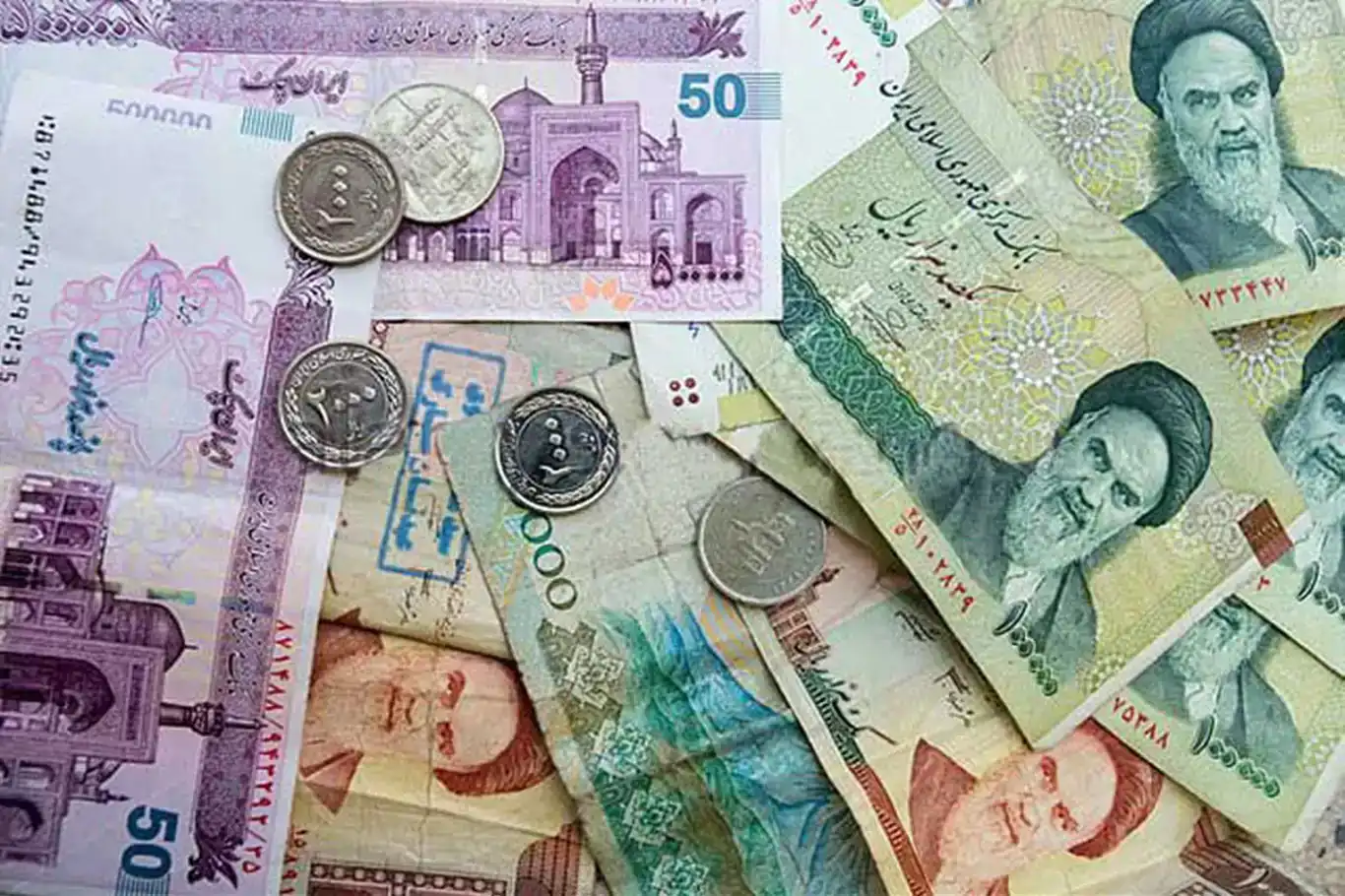Iranian parliament approves plan to remove four zeros from national currency


Iran’s parliament has approved a long-discussed plan to remove four zeros from the national currency, the rial, in a move aimed at simplifying financial transactions and restoring confidence in the monetary system after years of inflation and sanctions-related pressure.
According to the official IRNA news agency, the bill passed during an open parliamentary session on Sunday with 144 votes in favor, 108 against, and three abstentions. The measure, first proposed by the government several years ago, is now pending approval by the Constitutional Council before it can take effect.
Under the new plan, one new rial will equal 10,000 current rials, and will be subdivided into 100 gherans. Despite the adjustment, the national currency will retain its traditional name, the rial, maintaining continuity in financial and cultural usage.
Government officials said the decision aims to streamline accounting, facilitate trade, and strengthen public trust in the economy amid persistent inflation and currency depreciation. “The reform is designed to modernize Iran’s monetary structure and make financial calculations easier for citizens and businesses alike,” officials noted in a statement to IRNA.
The proposal follows years of economic challenges exacerbated by U.S. sanctions. Since Washington’s 2018 withdrawal from the Joint Comprehensive Plan of Action (JCPOA)—the 2015 nuclear deal between Iran and world powers—the rial has lost much of its value. Sanctions have sharply reduced Iran’s oil exports, hindered foreign investment, and strained its access to international financial markets.
Economists say the removal of zeros, while largely symbolic, may help stabilize pricing systems and improve the efficiency of cash-based transactions. However, they caution that without broader structural reforms, the impact on inflation and purchasing power could be limited.
Iran’s cabinet had already approved the zero-removal plan in August, describing it as a necessary step in the country’s broader economic reform strategy. If ratified by the Constitutional Council, the Central Bank of Iran will begin a gradual process of issuing new banknotes and coins reflecting the adjusted value.
The plan marks one of the most significant currency reforms in Iran in decades, reflecting the government’s ongoing efforts to strengthen the national economy despite ongoing external and internal pressures. (ILKHA)
LEGAL WARNING: All rights of the published news, photos and videos are reserved by İlke Haber Ajansı Basın Yayın San. Trade A.Ş. Under no circumstances can all or part of the news, photos and videos be used without a written contract or subscription.
Türkiye's inflation rate continued its upward trajectory in September, with the consumer price index (CPI) rising 33.29% compared to the same month last year, according to data released by the Turkish Statistical Institute on Friday.
Türkiye's export sector continues to demonstrate strong performance, driving a sustainable current account balance despite a rise in imports, Treasury and Finance Minister Mehmet Şimşek announced, evaluating the latest foreign trade data.
In a landmark victory for the global Boycott, Divestment, and Sanctions (BDS) movement, the Turkish operator of fast-food giants KFC and Pizza Hut has been declared bankrupt, succumbing to massive financial losses driven by a widespread consumer boycott over its parent company's ties to Israel.
Turkish Airlines, Türkiye’s national flag carrier, has announced plans to launch direct flights to Armenia, marking a significant step in Ankara’s ongoing efforts to normalize relations with Yerevan after decades of political hostility.